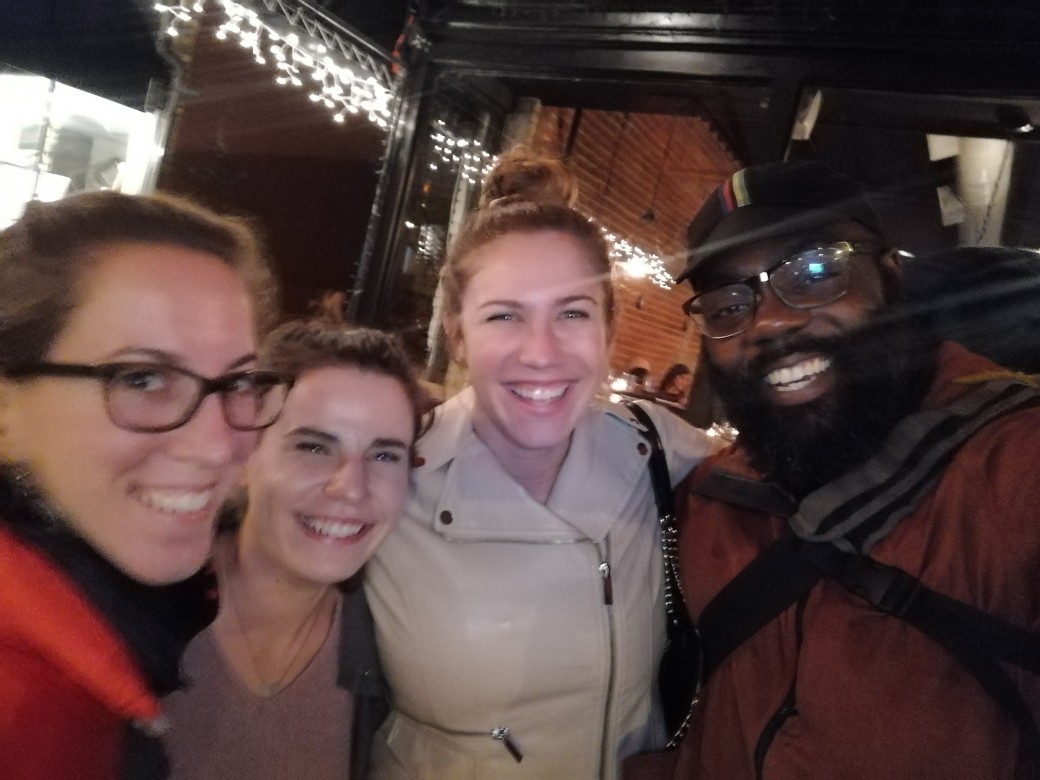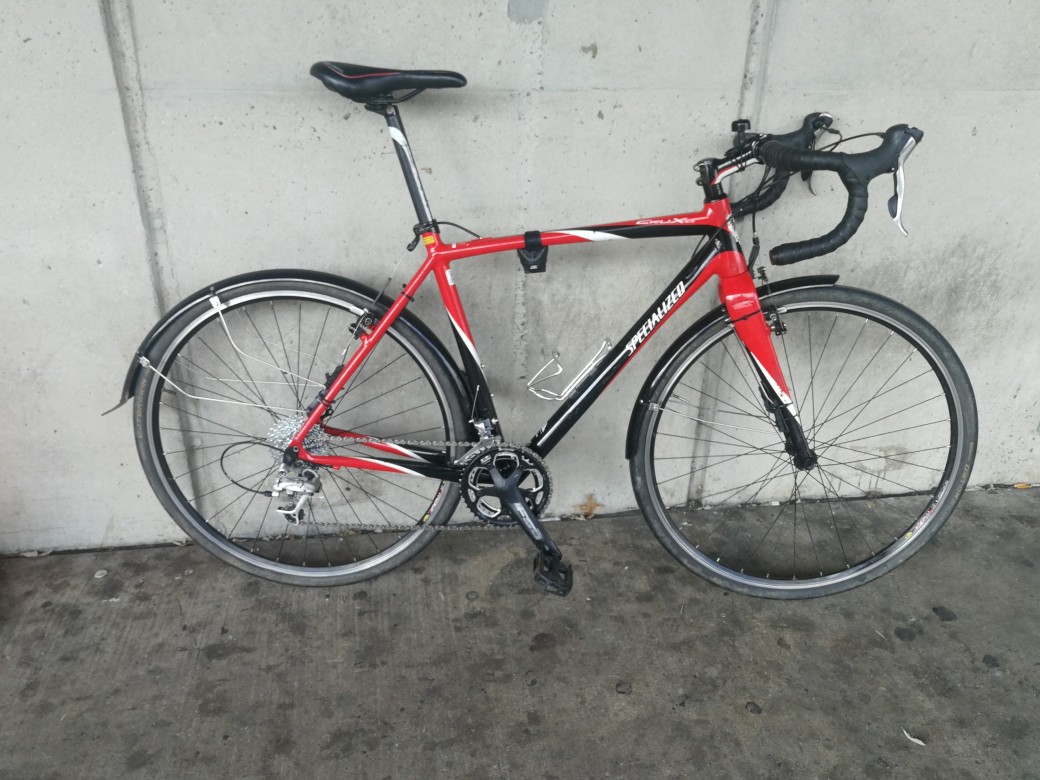Today is my last day of service in the United States Peace Corps in eSwatini. More than two years ago, I packed up my home in DC and left with four bags heading to Swaziland via Philadelphia and New York. In these past two years, I have laughed and cried. Sometimes for no reason. I have taught and learned. I have gained a handle on some parts of the siSwati language, while completely butchering others. I have had a tremendous amount of time alone with myself and my thoughts. In addition to capacity building and diplomacy, my Peace Corps experience has been a radical experiment in getting to know myself and the surrounding world.
A few days ago, I met some young men while waiting for transport with another PCV. The conversation was similar to several others I’ve had around the kingdom. I talked a bit about my life here as did the young men. One of the young men spoke of his frustrations with school and home life. When he asked what he should do, I offered the advice that I could. Coincidentally, it was very similar to things that my mother and other wise folks have told me. As the other PCV and I made it to our destination, we talked about how the advice was a poignant reminder for us. My advice to the young man was, in many ways, guidance from my former self to the present and future versions of me.
Being here for the past two years has reminded me to embrace the idea of being who you needed when you were younger or in that situation. It may be offering a listening ear or a fresh perspective. It may be sharing some of the mistakes made to help those following not to make the same missteps. In many ways, that’s what I have strived for this blog to be. When I was in the process of applying for Peace Corps, I searched for blogs that reflected the Black PCV experience and, in particular, the Black male PCV experience. It was a difficult task. I remember finding a Black man serving in Indonesia on Instagram. I promptly began following him. I found a Black lady who had served in Georgia. She had an Instagram page connected to her blog, which chronicled her Peace Corps service and travels. I began following her. Their inspiration is part of what led to this blog.
Throughout the life of this blog, I have received feedback on how the blog has helped folks in various ways. Family and friends have learned about eSwatini as I have shared about this experience. Currently serving PCVs in other posts have shared how similar (or different) their host countries are. RPCVs have taken the opportunity to look back and reflect on their own service and life. Swazis have (mostly) appreciated reading about the Swazi culture from an outsider’s view. Prospective PCVs have reached out to ask questions in preparing for their own journey. I am thankful that this blog has served whatever purpose you needed it to serve.
My service has taught me many things. It has opened up new worlds, and allowed me to explore those worlds. I’ve realized that to some folks, I’m their eyes into eSwatini. The eSwatini that I see and speak of is the eSwatini that they know. To realize this power is humbling. To be an authoritative voice of a country (and at times, a continent) and the human experience there is an amazingly tall task. It’s a privilege that I don’t feel that I’ve earned. But that is the crux of privilege. These unearned advantages. Being here has definitely highlighted my own privilege. Being here has highlighted the effects of years of colonialism and imperialism on those colonized. I’ve had students question if they could learn something because, according to them, difficult subjects are for white people. I’ve heard adults questioning whether or not young people from rural Swazi communities were capable of learning certain things.
I knew very little about international development prior to Peace Corps. Admittedly, I still don’t know much. What I can say, after my limited experience, is that I believe that part of the work must be dismantling generations of imperialist thought. For example, I’ve had interactions that started in siSwati. Upon hearing me struggle with speaking siSwati, my conversation partner(s) may start speaking English. The imperialist thought being that “I would rather struggle speaking your language in my country for your comfort.” I noticed several of my students doing this. For this reason, I tried to learn siSwati as best I could. To me, it was the least that I could do to signal that the people and culture here matter.
I have been honored to serve in eSwatini for the past 26 months. I would like to thank all of those who have contributed to this journey. Thank you for the phone calls, letters, postcards, messages, conversations, good vibes, positive energy, and everything else. The journey was made a bit easier because of you.
To my host families. Thank you for welcoming me into your homes and families. For accepting and loving me as your son, brother, brother-in-law, cousin, uncle, nephew and friend. For teaching me about Swazi culture and language. For forcing me to actually speak siSwati.
To my students. Thank you for trusting me. For keeping me on my toes and teaching me the nuances of siSwati. For laughing with me, and at me. For the intentional (and unintentional) laughs at your expense. You are brilliant. Keep being brilliant, and pushing yourselves to be better. I look forward to you doing amazing things in the future for emaswati and the world. Always remember that there is a guy somewhere in the world who believes in you and your greatness.
To my teaching colleagues. Thank you for allowing me to join you on the quest to educate and empower the leaders of eSwatini’s tomorrow. For indulging me in trying out some new, weird (and, at times, uncomfortable) things. For challenging and checking me to ensure that there was substance behind the radical ideas, instead of tightly compressed hot air.
To the people of Lushikishini, Mankayane. Thank you working, laughing, and fellowshiping with me. For the memories. For welcoming me as one of your own. For the time spent on a porch, in a field, or under a tree. For teaching me to slow down and enjoy the day. I once heard that there is a big difference between being still and doing nothing. Thank you for showing me how to appreciate being still.
To emaswati all around the kingdom. Thank you for welcoming me with open arms and warm smiles. For inviting me into your homes, places of worship, and your lives. For teaching me your language and culture. For adopting me into your culture.
To the Peace Corps eSwatini staff. Thank you for supporting me and all of #G14Strong. For the leeway to explore. For listening. For keeping me healthy. For assisting me with navigating the intricacies of the Swazi life, language and culture. For guidance when direction wasn’t apparent.
To my fellow Peace Corps eSwatini volunteers. Thank you for serving with me. For teaching and inspiring me. For bringing your best self. For being supportive in times of struggle. For being celebratory when the need arose. For, at times, being a cadre of cheerleaders reminding me (and all of us) that small victories, like all victories, deserve to be celebrated.
To my family and friends at home. Thank you for keeping in touch. For the phone calls, emails, Whatsapp massages, etc that seemed to lessen the distance. For everything that you’ve done to support me during my service.
To the prospective PCVs. Thank you for reaching out. For reminding me that representation matters. For freely asking questions. For sharing your fears, concerns, and discomforts.
To the followers and readers of whatisKirbydoing on this blog and on Instagram. Thank you for taking this ride with me. For sharing the project with your friends and family. For keeping me engaged. For asking questions. For your likes, comments, and follows.
I know that some are wondering what’s next. I’ll be heading to India soon. The loose plan is to continue eastward until I end up back in DC. During the trek eastward, I’ll be job searching. So if you or someone you know is hiring, please let me know. I’m primarily interested in analyst, IT, or technical writing positions in the public sector although I’m open to other things.
Be kind to yourself.
Onward.










